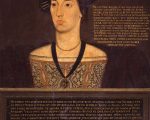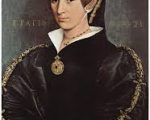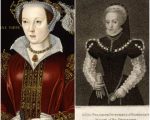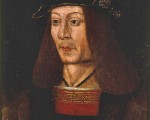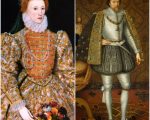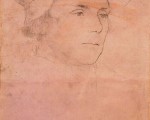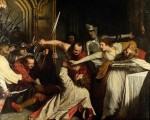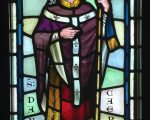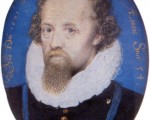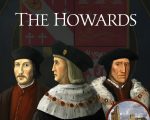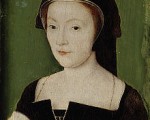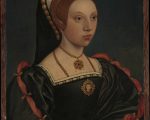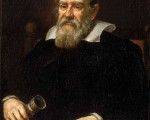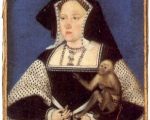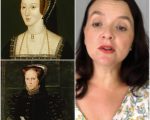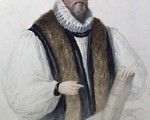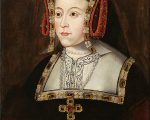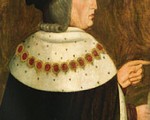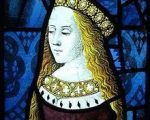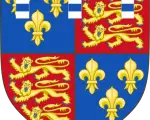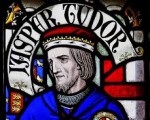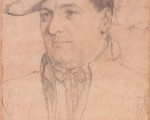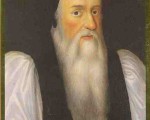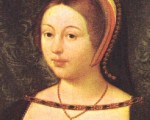4th December:
1506 – Birth of Thomas Darcy, 1st Baron Darcy of Chiche, courtier and administrator. He was the son of Roger Darcy, Esquire of the Body to Henry VII, and his wife, Elizabeth (née Wentworth). Darcy served as a Privy Councillor in Edward VI’s reign, and also Captain of the Yeoman of the Guard and Lord Chamberlain of the Household. He was arrested for supporting the Duke of Northumberland’s bid to place Lady Jane Grey on the throne, but was pardoned in November 1553.
1514 – Death of Richard Hunne, merchant tailor and leading member of the Lollard community in London. He had been arrested for heresy, and imprisoned in “Lollards’ Tower” in St Paul’s Cathedral on 14th October after the discovery of a Wycliffite Bible at his home, and his body was discovered hanging in his cell from a silk girdle. It was claimed that he had committed suicide, but a coroner’s jury ruled that the hanging had been faked, and that he had been murdered.
1531 – Execution of Rhys ap Gruffudd for treason. He was beheaded after being accused of plotting against the King, although his biographer, R.A. Griffiths, points out that his trial was a “show trial” consisting of contrived testimonies and coached witnesses.
1555 – Papal sentence was passed on Thomas Cranmer in Rome, depriving him of his archbishopric “and of all ecclesiastical dignities”. Permission was also given for the secular authorities to decide on his fate.
1557 – Death of Robert King, Abbot of Thame and Bishop of Oxford. He was buried in Oxford Cathedral. King was one of the judges who sat in judgement at the trial of Thomas Cranmer in 1555.
1585 – Death of John Willock, physician and Scottish reformer, at Loughborough in Leicestershire. He was buried at his church, All Saints, in Loughborough. Willock became the Chaplain of Henry Grey, Marquis of Dorset, and father of Lady Jane Grey, in the 1540s.
1595 – Death of William Whitaker, theologian and Master of St. John’s College, Cambridge, at the master’s lodge after going to bed with a hot “ague”. He was buried at St John’s. His works included Liber precum publicarum (1569), Ad rationes decem Edmundi Campiani jesuitæ responsio (1581), responses to Nicholas Sander and Edmund Campion, Disputatio ad sacra scriptura and Adversus Thomae Stapletoni (1594).
1609 – Death of Alexander Hume, Scottish poet and writer. He is known for his 1599 “Hymnes, or Sacred Songs”, which includes his great poem “Of the Day Estivall” which describes a summer’s day, from dawn until dusk.
[Read More...]
